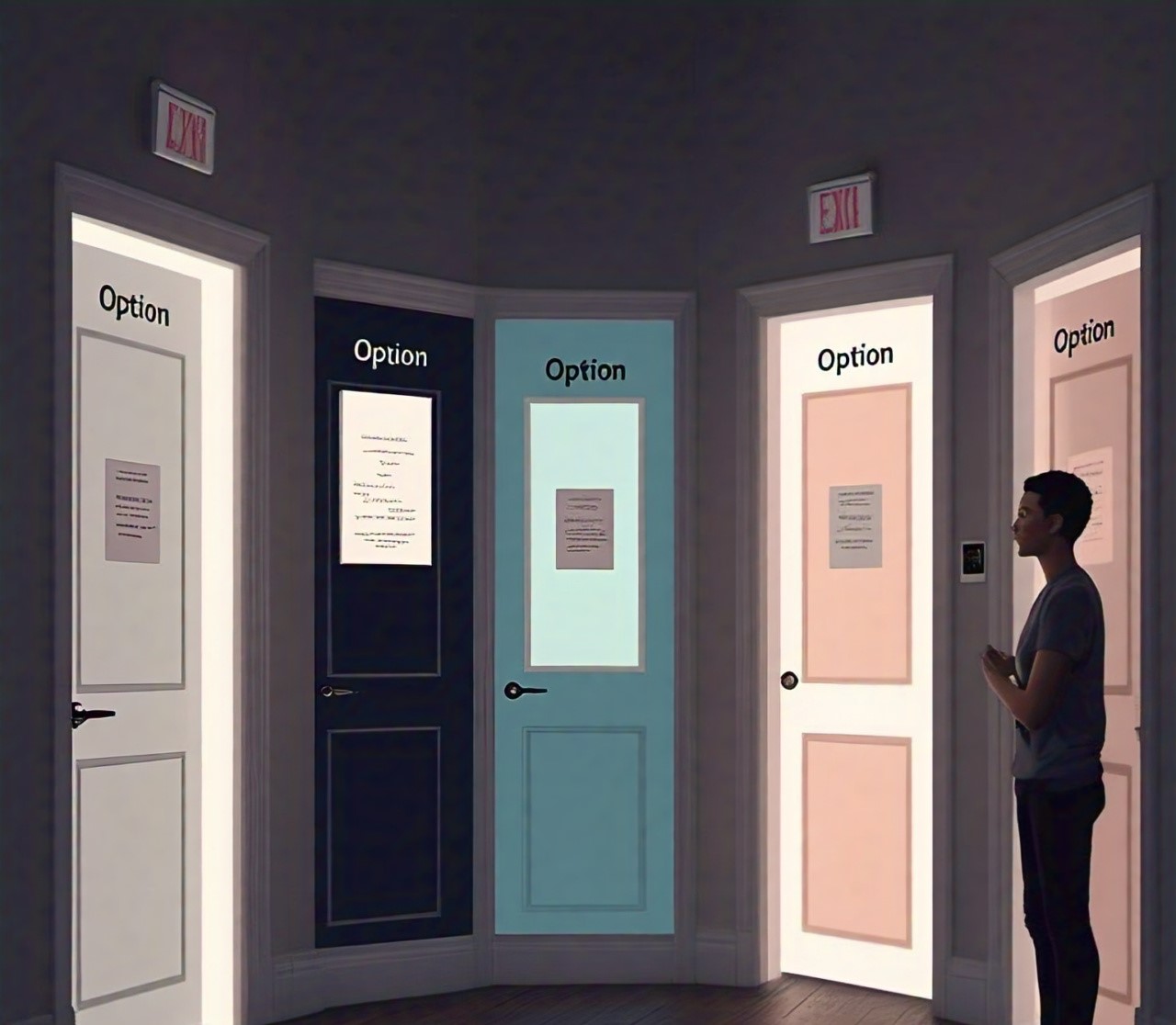Yes and obviously, we live in a world that moves fast, too fast for truth to always catch up. In our rush to understand, categorize, and decide, we so many many times make mental shortcuts. And one of the most common shortcuts in reasoning is the Hasty Generalization Fallacy, drawing a conclusion from limited or insufficient evidence.
It feels harmless at first; you meet twelve rude people from a city and suddenly conclude “Everyone there is rude.” Or you see one headline about a company scandal and assume the entire industry is corrupt, but what begins as a thoughtless assumption can easily turn into prejudice, misinformation, and even injustice.
What is the Hasty Generalization Fallacy?
A Hasty Generalization happens when we form a conclusion based on too few examples or unrepresentative data. Instead of gathering enough evidence, we leap from one observation to a universal rule or conclusion.
In logic, this is considered a fallacy of insufficient sample size, it is our brain’s way of trying to make sense of limited information by overextending it.
A good example is say: “The two drivers I saw today were reckless. People these days just do not know how to drive anymore.” Here, the conclusion about “people these days” is built on an absurdly small sample, just two drivers. And the argument feels emotionally satisfying but totally and logically empty.
We fall into hasty generalizations because our minds crave certainty; the unknown makes us uncomfortable, so we rush to create patterns, and sometimes where none exist at all.

Psychologists call this cognitive bias; the brain’s natural tendency to jump to conclusions. Our experiences, fears, and cultural conditioning altogether, amplify it. It is easier to say, “All politicians are corrupt” than to carefully examine each one’s record; it is easier to say, “People can not be trusted” after one betrayal than to admit that not everyone is the same. It is quick comfort, but it is flawed reasoning.
The Real-World Consequences
The hasty generalizations do not just distort truth; they damage relationships, societies, and reputations.
- In personal life, they lead to unfair judgments. You might dismiss a friend because of one misunderstanding or assume someone’s character based on a single mistake.
- In business or politics, they feed stereotypes and discrimination. “All men are like this.” “All women are like that.” “All people from this country act this way.”
- In spiritual or moral reasoning, they cloud discernment. You might meet one hypocritical believer and conclude that all faith is fake.
Each time we generalize in a rush, we reduce the complexity of the world into a small version of itself. We trade wisdom for simplicity, and truth for convenience.
How to Avoid Hasty Generalizations
Check your evidence: Before making a conclusion, ask: “Do I have enough information to say this fairly?” If your argument depends on a small sample of examples, it is probably weak.
Beware of emotional triggers: When we feel angry, hurt, or self-righteous, our brain seeks patterns to justify that feeling. Slow down. Feel first, and conclude later.
Look for exceptions: If your statement includes words like “always”, “never”, or “everyone”, just pause, because life does not always fit into absolutes.
Seek perspective: Ask others for their experiences or counterexamples, because expanding your view will most times dismantle a false generalization.
Be humble in your reasoning: Admit when your knowledge is incomplete. Saying “I do not know yet” is wiser than being confidently wrong.
The Philosopher Daniel Kahneman described two systems of thought: Fast and slow. Fast thinking is instinctive and emotional; slow thinking is deliberate and rational.
The solution to hasty generalization is slow thinking, taking time to let truth unfold before jumping to conclusions.
In conversation, faith, or judgment, slow thinkers listen longer, ask deeper, and see clearer; they do not rush to label, and they seek to understand, because wisdom is not found in how fast we decide; it is found in how well we discern.
Read Also: Cognitive Dissonance And Ways To Resolve It
Read Also: Be Strict With Yourself, Forgiving With Others: The Lesson of Marcus Aurelius
Read Also: Take Life Seriously: The Call to Self-Restraint and Godly Discipline
Conclusion
Truth is not always loud and not always in a hurry, and when we rush to generalize, we trade understanding for ease. The Hasty Generalization Fallacy is not just a logical error; it is a moral and intellectual temptation to take shortcuts where patience is required.
And so, my dearest readers; the next time you find yourself saying “people always” or “things never”, take a step back. Gather more evidence, and ask more questions, giving truth time to reveal itself, because in reasoning, just as in life, the fastest path is so many many times the most flawed one.





